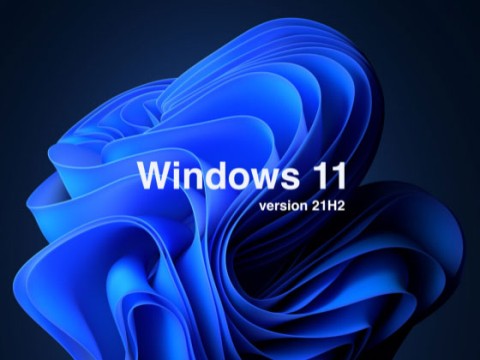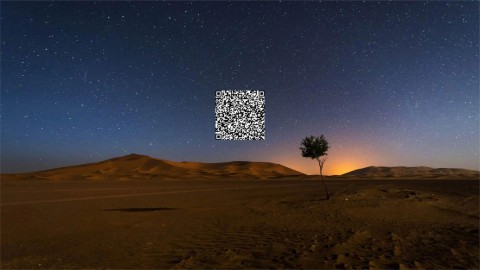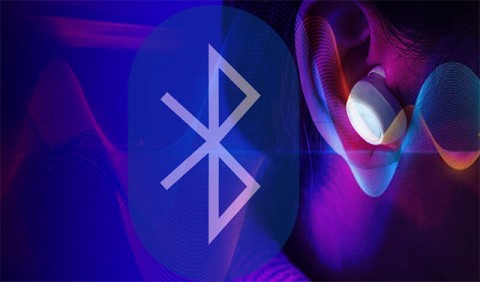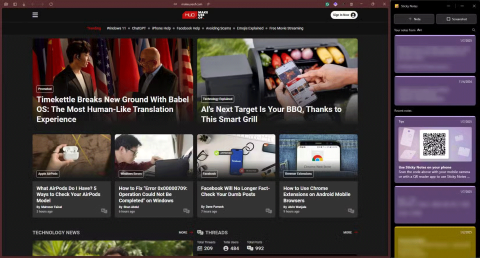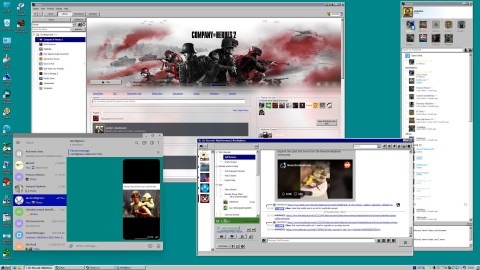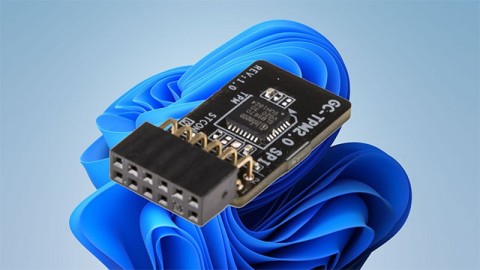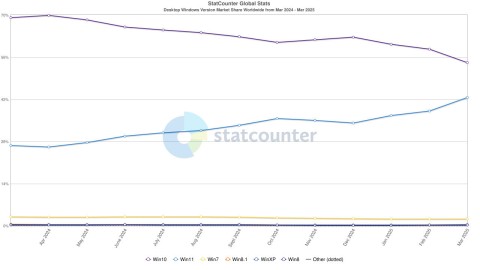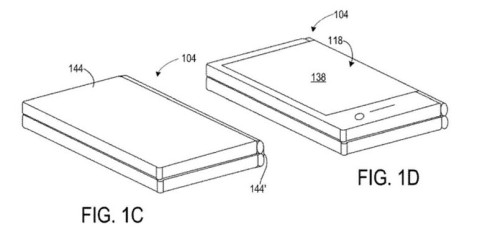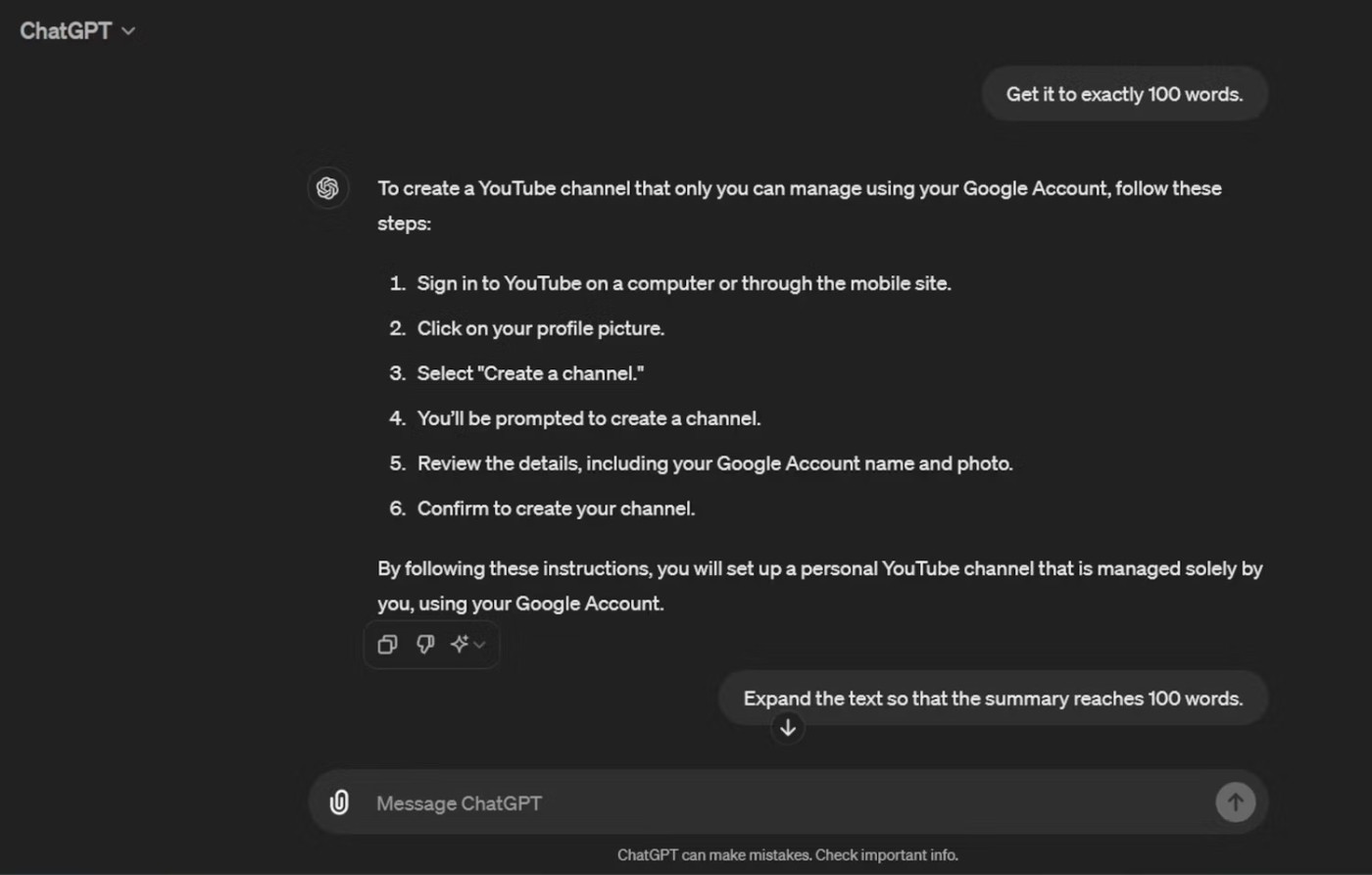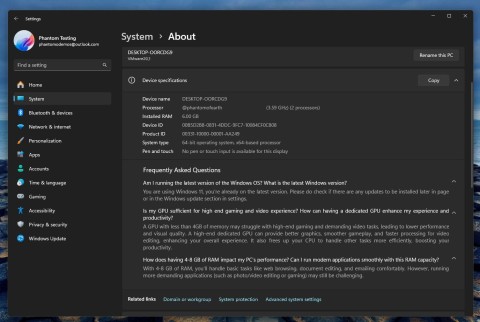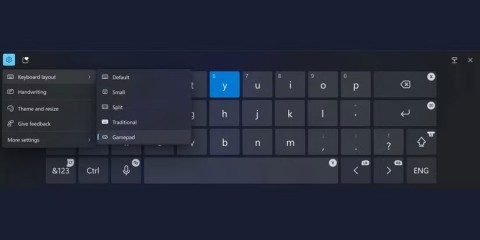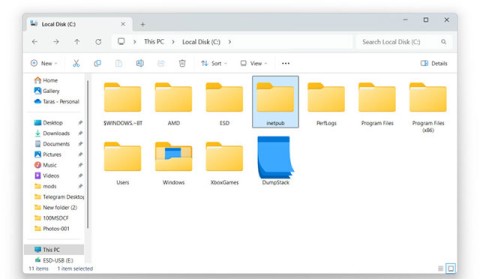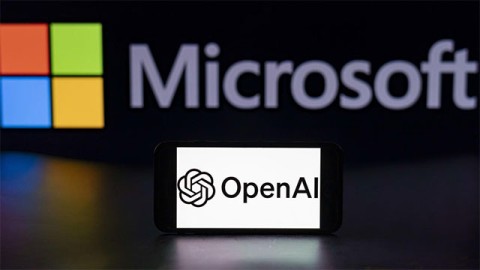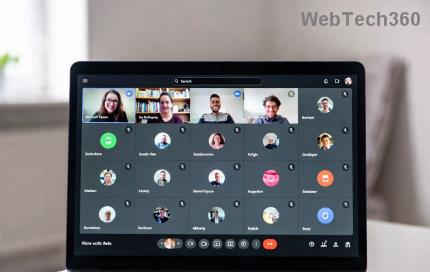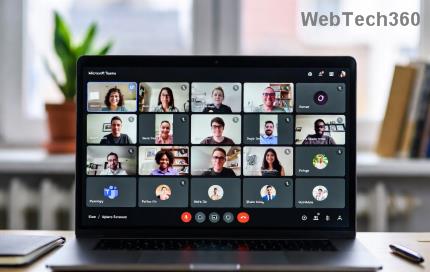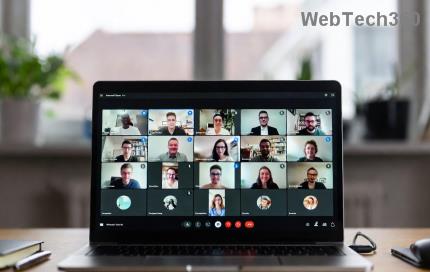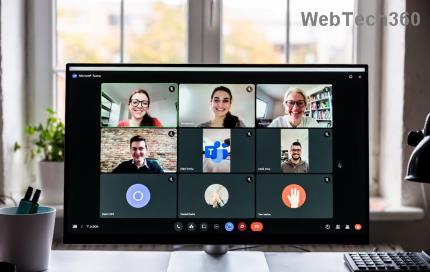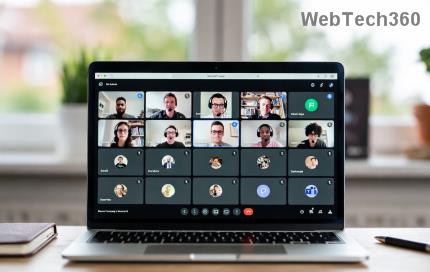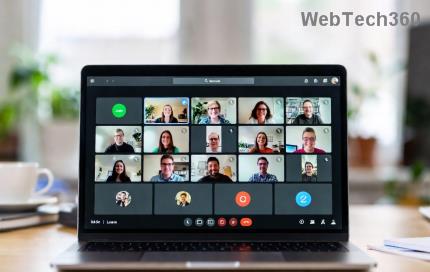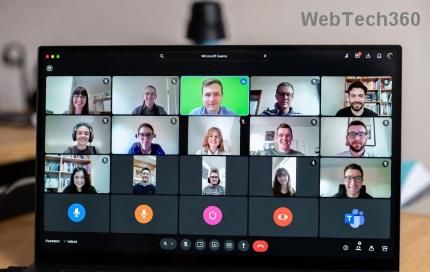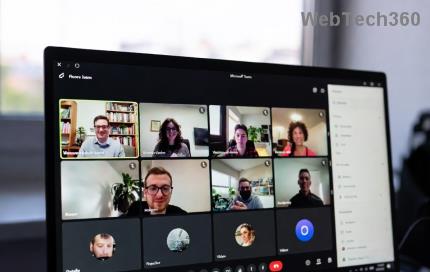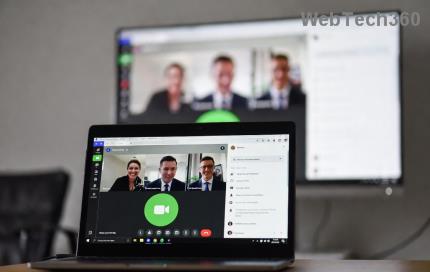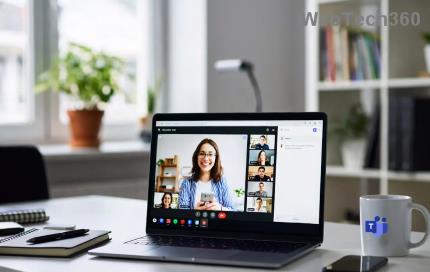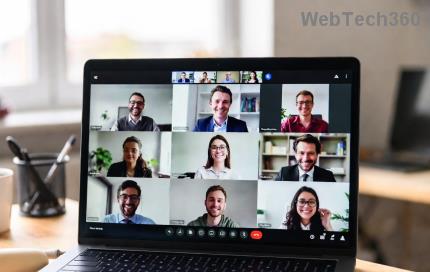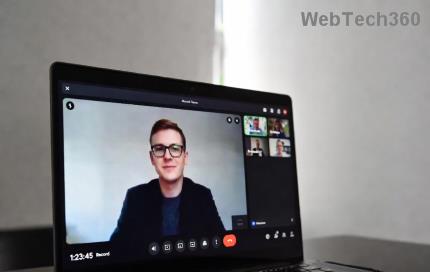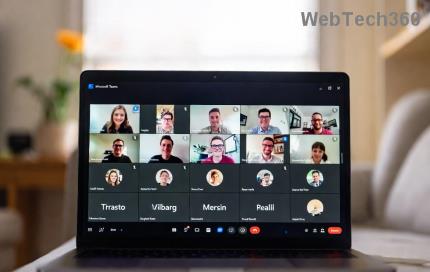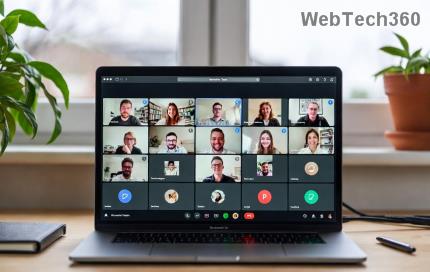2023 saw Microsoft betting big on artificial intelligence and its partnership with OpenAI to make Copilot a reality, so it’s no surprise that the company is ready to integrate and promote Copilot everywhere.
Microsoft is currently testing the idea of pre-launching Copilot whenever a user’s computer boots up by default, saving a click on the taskbar. There have actually been rumors of this feature for a few months now, and now it’s officially rolling out in testing.
Microsoft announced the change in the release notes for build 23615, which was released to the Dev Channel earlier this week. Following the massive interest from the community, Microsoft has shared a few more details.
For example, Copilot autostart will be limited to PCs with monitors 27 inches or larger and at least 1920 pixels wide. More importantly, Copilot autostart will also be limited to multi-monitor PC setups—at least in the initial beta rollout.
Microsoft knows that changes like this can be frustrating for some Windows users, so the company has provided an option to disable the Copilot autostart feature . Navigate to Settings > Personalization > Copilot in Windows and turn off the “ Open Copilot when Windows starts ” option.
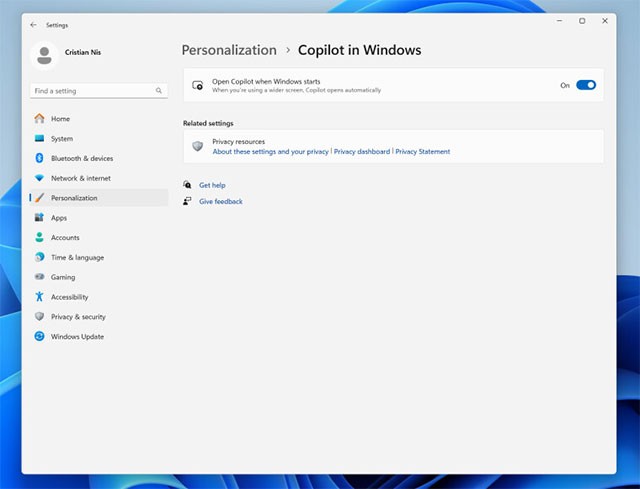
It’s important to note that the changes and new features in Windows 11 preview updates are often experimental and temporary. Some of them may never be widely deployed, so it’s too early to know whether Microsoft will make Copilot auto-start available to all Windows users.
In related news, Microsoft is also testing placing the Copilot icon next to the notification center button, which will likely remove the "Show desktop" button in favor of the new AI assistant. This change is considered interesting, but in practice it may be annoying for those who are used to using the bottom right corner of the screen to minimize all apps or show the desktop.
In 2024, Microsoft is expected to push even further with the release of the next-generation version of Windows and upcoming new Surface devices, which also promise to focus heavily on AI-powered experiences.
